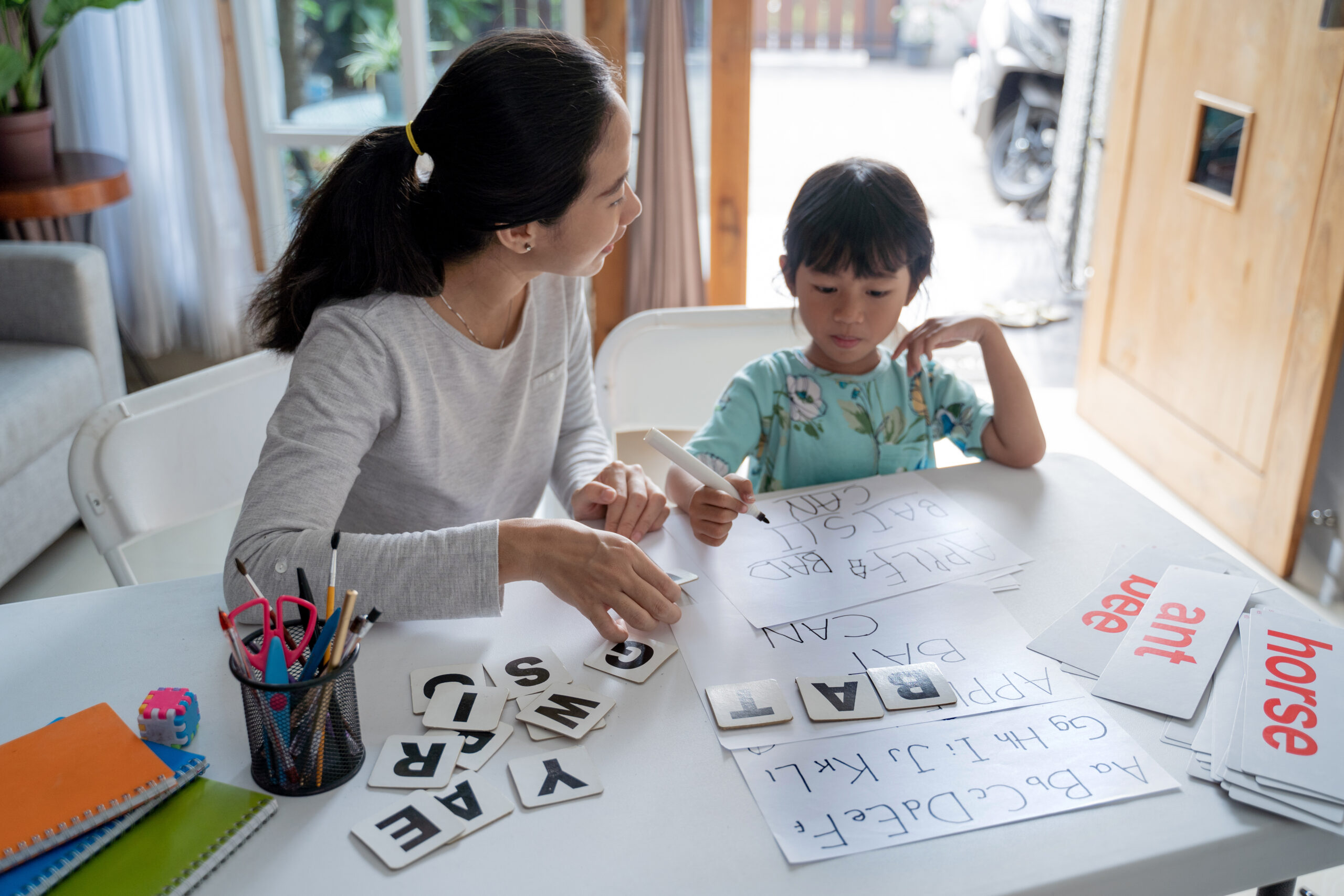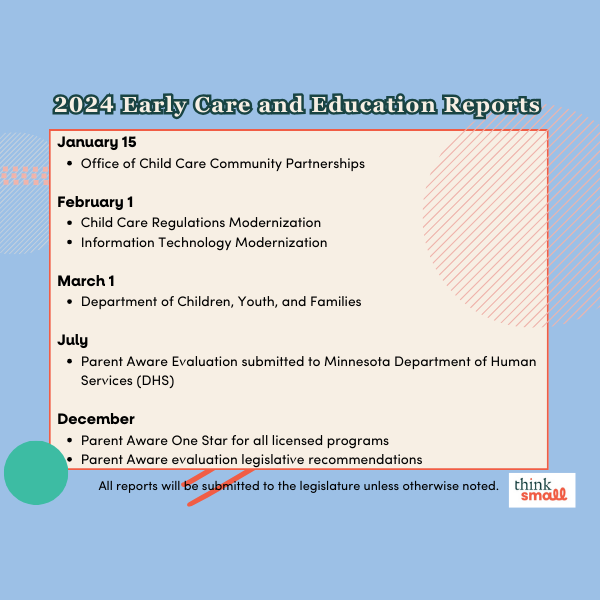 Governor Dayton signed the supplemental budget bill today, allocating $182 million in funding this year and $300 million of funding over the next two years. He is still reviewing the tax bill and determining whether to call a special session to deal with the transportation and bonding bills. While not all of Think Small’s policy priorities were successful, early learning was once again one of the main points of discussion. We hope this sets the stage for good conversations on the campaign trail this summer and fall regarding access to high-quality early learning opportunities based on the needs and choices of families.Below is a list of efforts that did and did not pass, along with a more detailed description of the Voluntary Pre-K Program.Early Education initiatives that did pass:
Governor Dayton signed the supplemental budget bill today, allocating $182 million in funding this year and $300 million of funding over the next two years. He is still reviewing the tax bill and determining whether to call a special session to deal with the transportation and bonding bills. While not all of Think Small’s policy priorities were successful, early learning was once again one of the main points of discussion. We hope this sets the stage for good conversations on the campaign trail this summer and fall regarding access to high-quality early learning opportunities based on the needs and choices of families.Below is a list of efforts that did and did not pass, along with a more detailed description of the Voluntary Pre-K Program.Early Education initiatives that did pass:
- Voluntary Pre-K Program, $25 million
- Parent Aware, $2 million
- Parent-Child Home Program, $2 million
- Minnesota Reading Corps, $1 million
- Northside Achievement Zone, $10,000
- St. Paul Promise Neighborhood, $10,000
- St. Cloud Early Learning Pilot, $430,000
- Child Care Business Start-up manual, $100,000
- Start-up grants for child care businesses in Greater Minnesota, $500,000
- YWCA early childhood job training, $750,000
Early Education initiatives that did not pass:
- Early Learning Scholarships
- Increase funding for priority groups and expanding to serve children ages 1-3
- Extending required date to use scholarships at 3 or 4 star rated programs from July 1, 2016 to July 1, 2020
- Note: Early Learning scholarships currently being used to access programs awarded a 1 or 2 Parent Aware star will continue to be able to serve these children until they have to renew their scholarship (after 12 months)
- Child Care Assistance Program
- Increased provider reimbursement rates
- Required changes need to meet federal requirements of new Child Care Development Block Grant (CCDBG)
- Reduction of the Basic Sliding Fee waitlist
- Help Me Grow
- $1 million to support the move to a national Help Me Grow Model
Voluntary Pre-Kindergarten ProgramProgram requirements:
- at least 350 hours of instruction each school year
- staff-to-child ratios of one-to-ten and a maximum group size of 20 children
- instructional staff salaries comparable to the salaries of other district kindergarten through grade 12 instructional staff
- measure each child’s cognitive and social skills using a formative measure aligned to the state’s early learning standards when the child enters and again before the child leaves the program
- comprehensive program content including the implementation of curriculum, assessment, and instructional strategies aligned with the state early learning standards, and kindergarten through grade 3 academic standards
- coordinate appropriate kindergarten transition with families, community-based prekindergarten programs, and school district kindergarten programs
- provide high-quality coordinated professional development, training, and coaching for both school district and community-based early learning providers that is informed by a measure of adult-child interactions and enables teachers to be highly knowledgeable in early childhood curriculum content, assessment, native and English language development programs, and instruction
Mixed delivery:
- District and charter schools may contract with charter schools, Head Start, licensed family or center-based child care or a community-based program to provide services to eligible children. Mixed delivery plans must include strategies for recruitment, contracting, and monitoring of fiscal compliance and program quality.
Application process
- To quality for FY2017, applications due by July 2016. For FY2018 and later, applications due by January 30 of the prior fiscal year.
- Applications divided into 4 groups
- Minneapolis and St. Paul
- Other metro districts
- Rural districts
- Charter schools
- Within each group applications ranked and prioritized by
- Highest concentration of free- and reduced-price lunch children
- Absence of 3- or 4-Star rated programs in close proximity
- Applications divided into 4 groups







